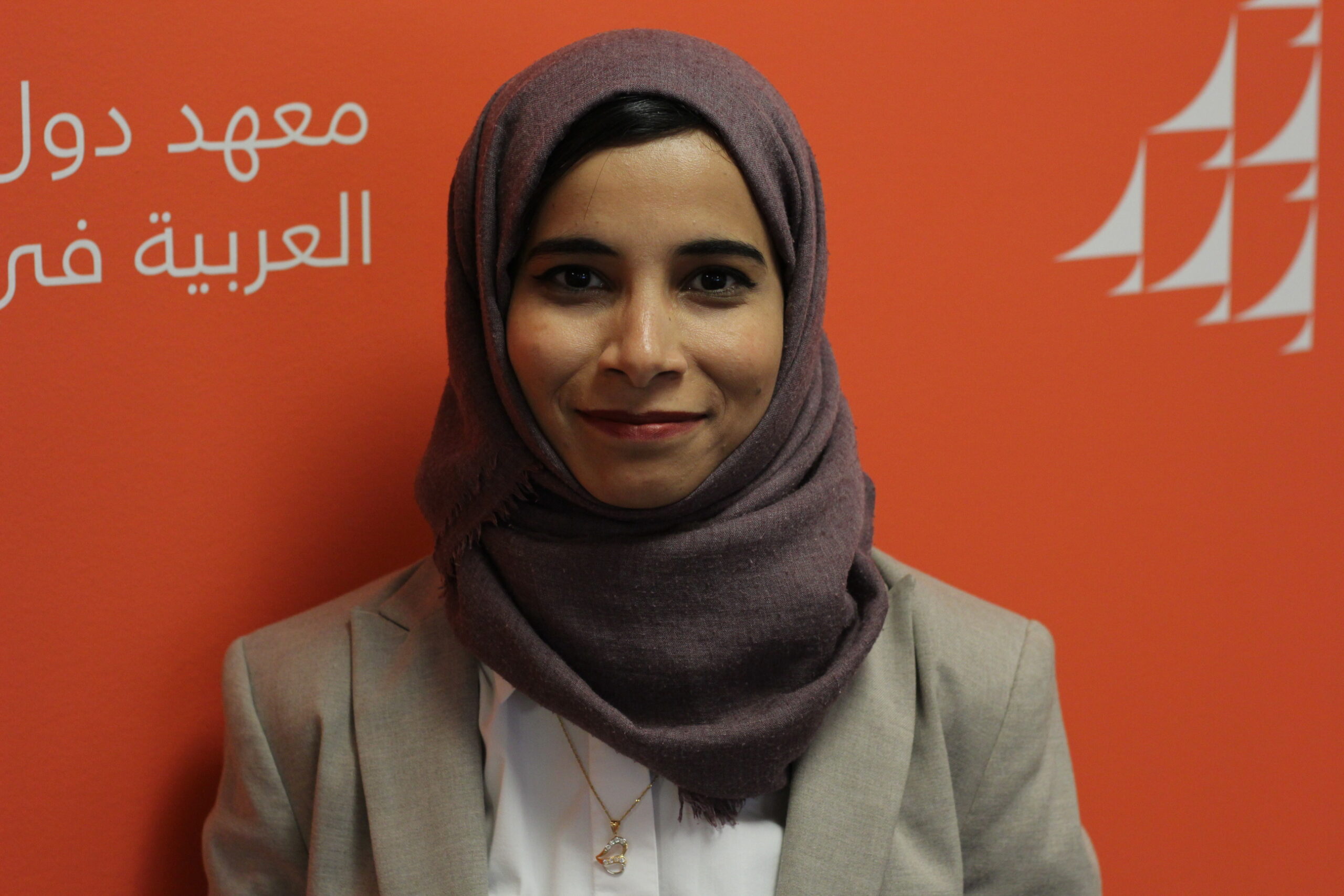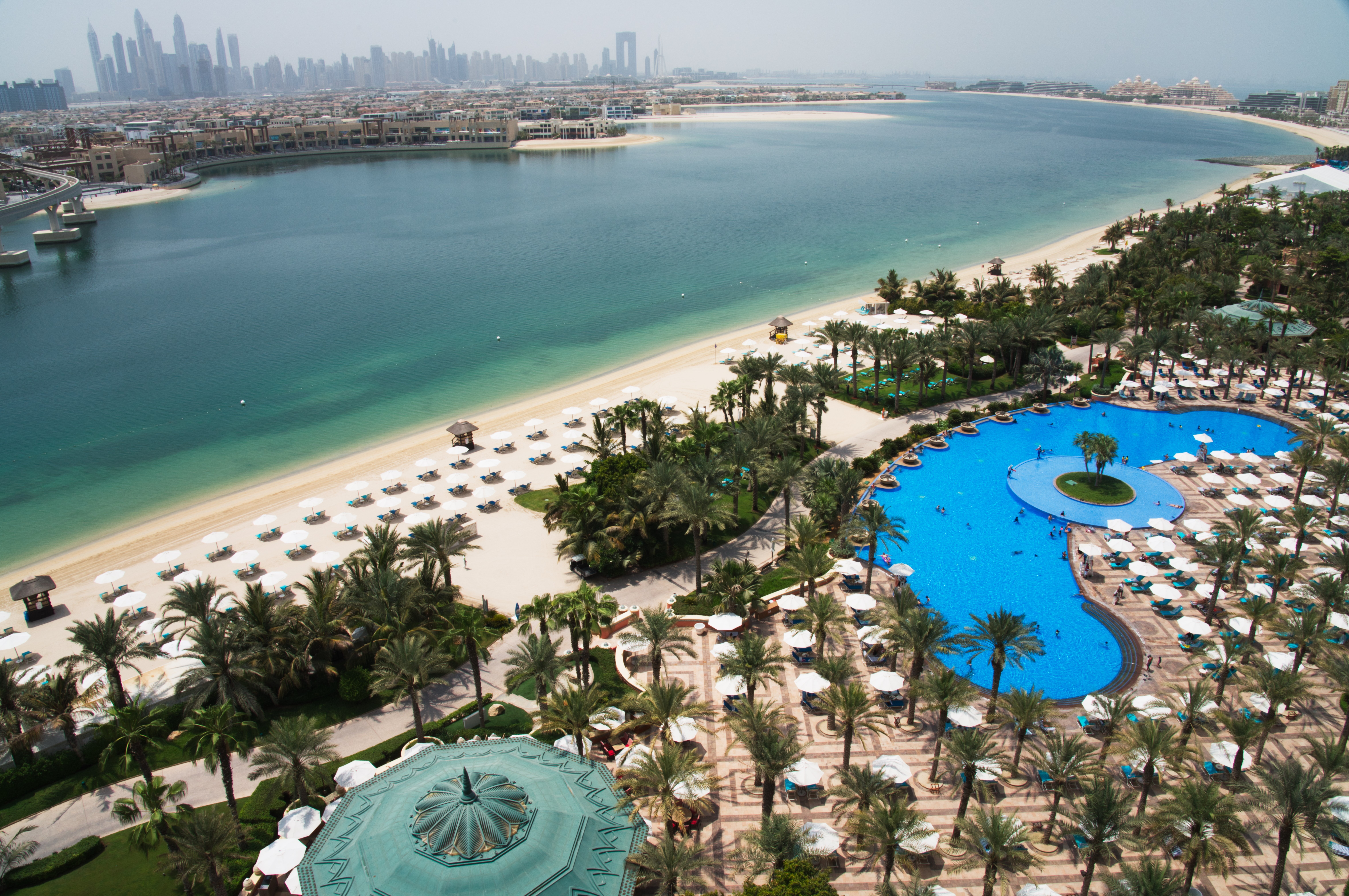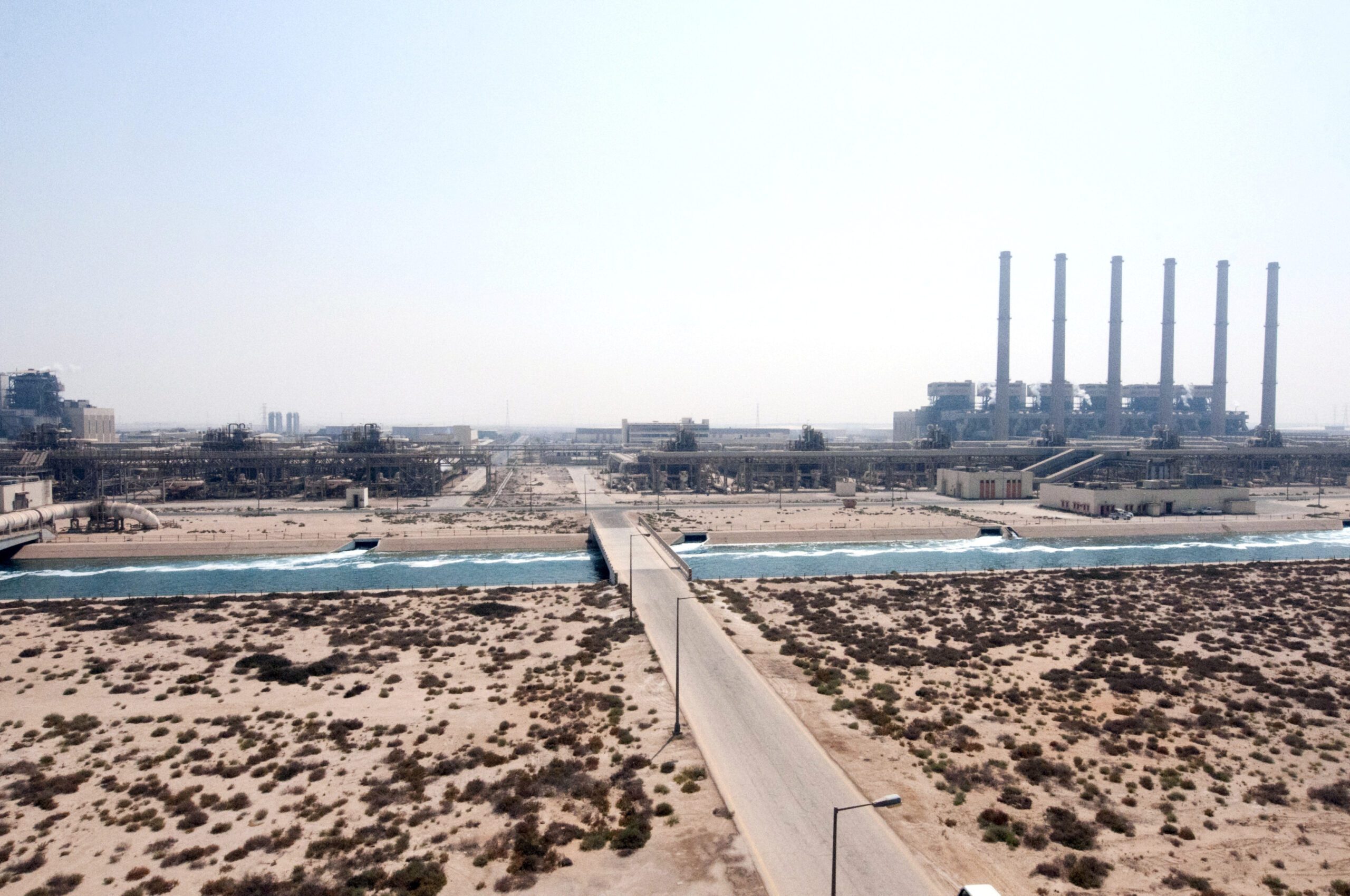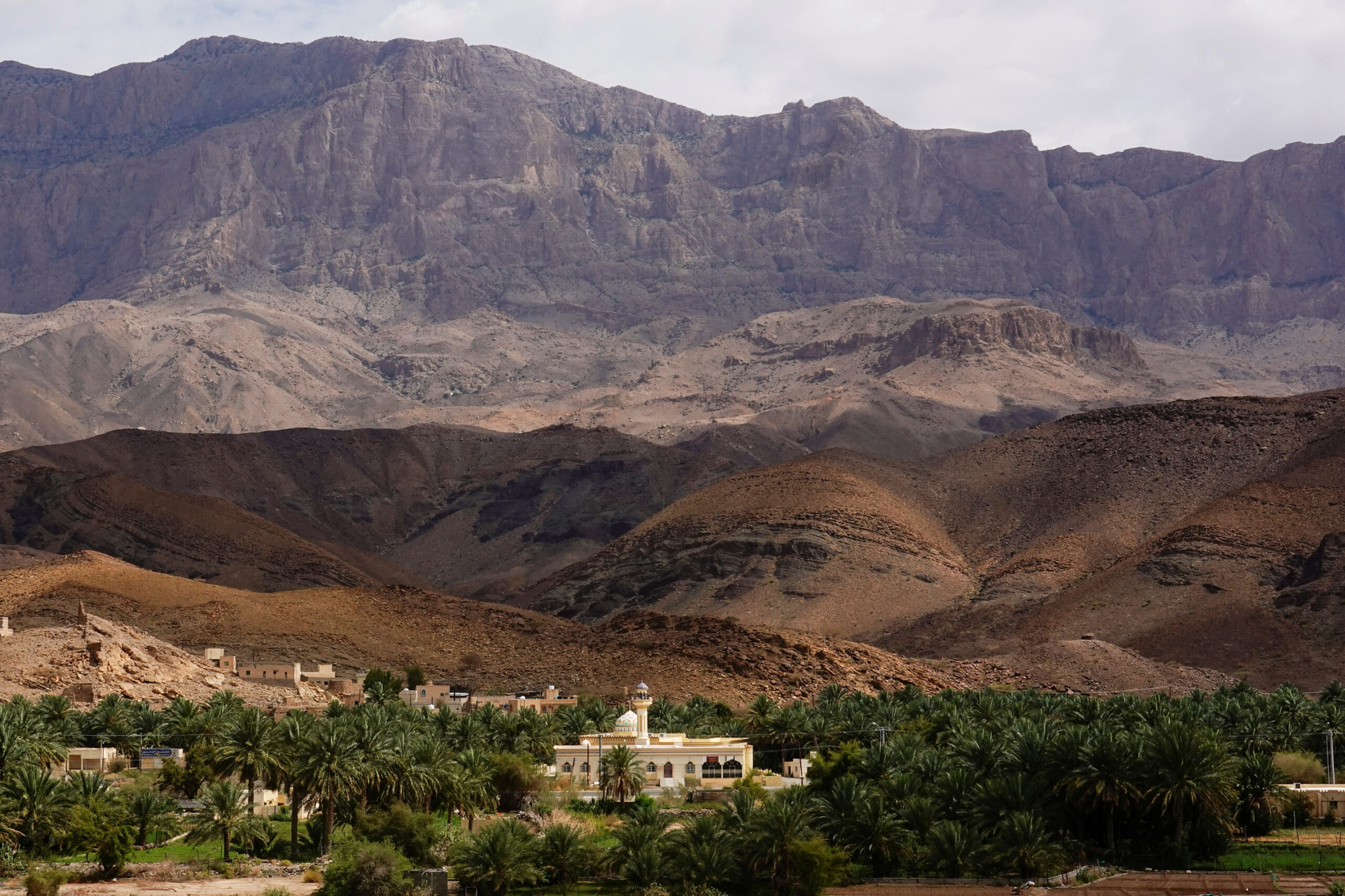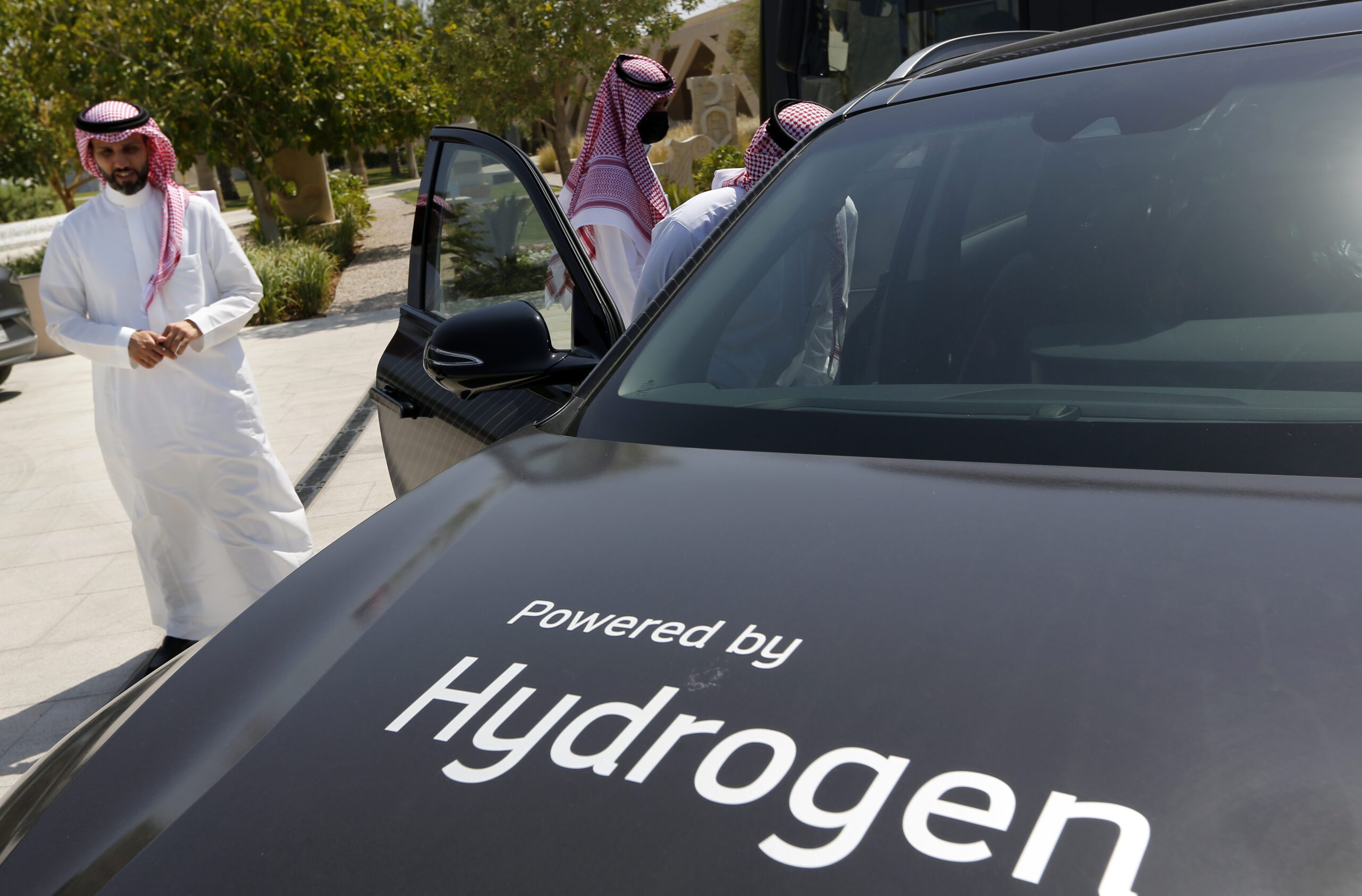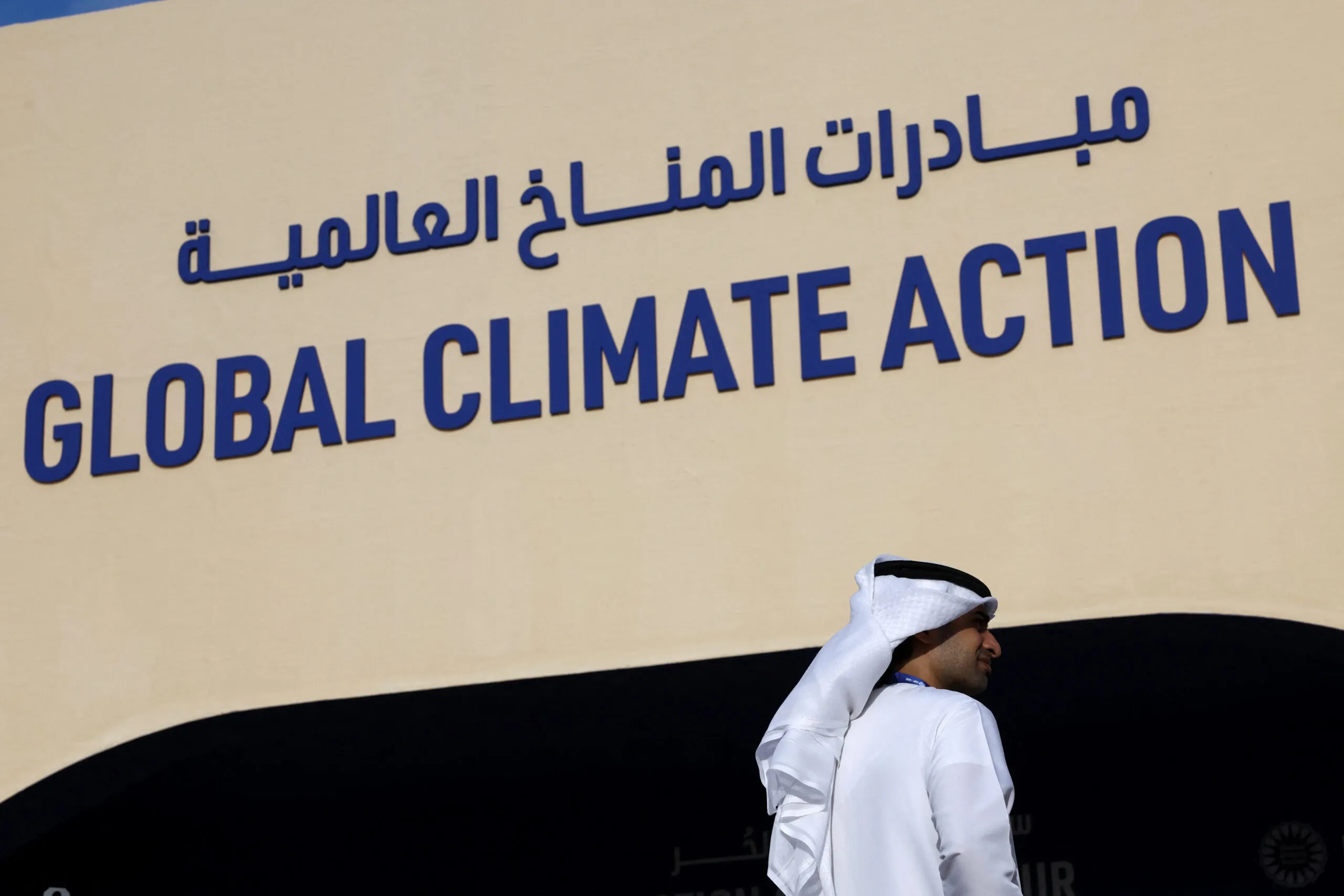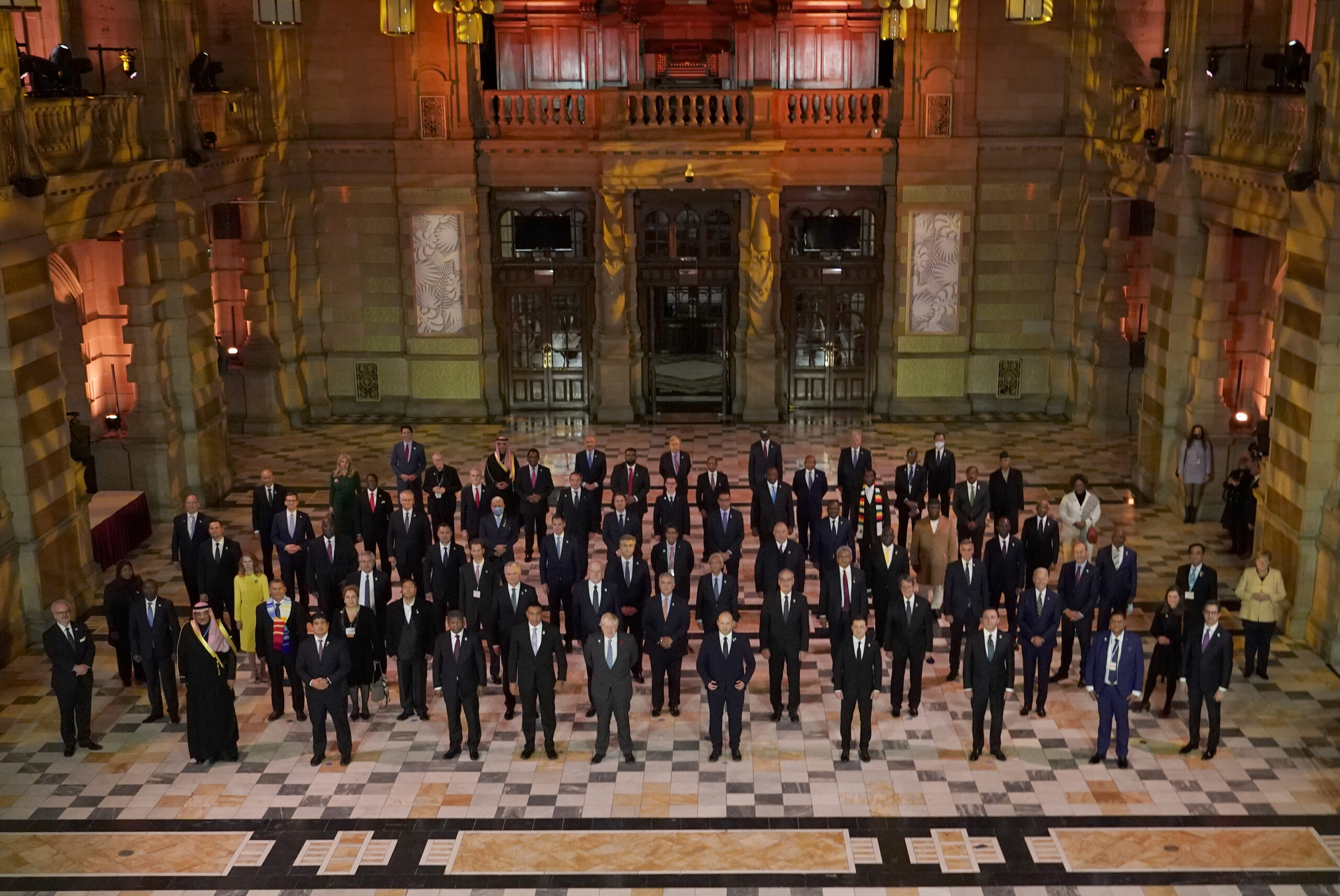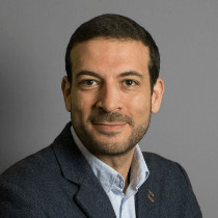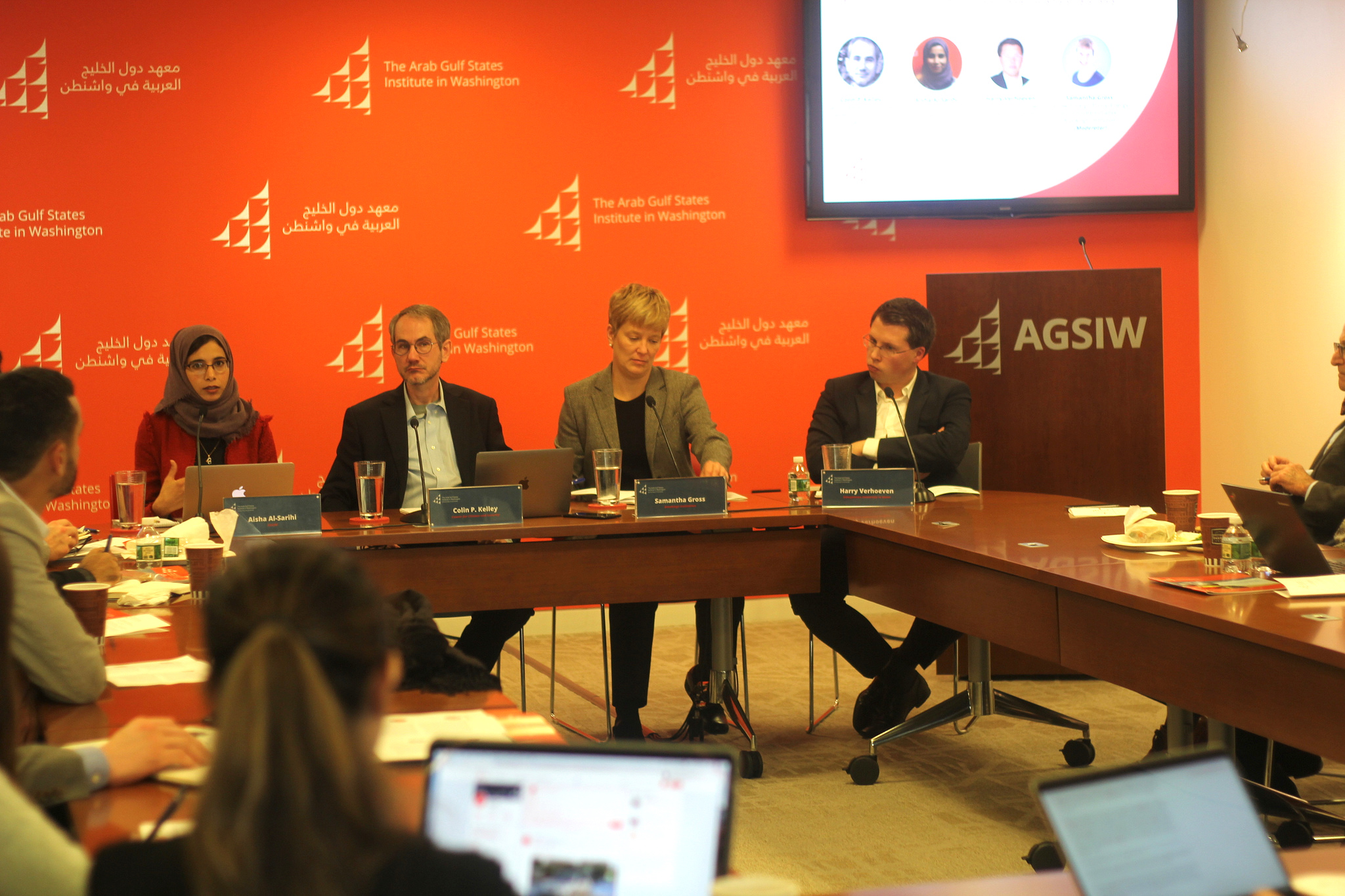Saudi Arabia and Climate Change: From Systematic Obstructionism to Conditional Acceptance
Saudi Arabia, the world’s largest oil producer, is expected to double its greenhouse gas emissions by 2030 compared to 2014 levels. With its annual emissions growth rate of 0.6 percent and slow movement to diversify the economy away from oil – even with its current proposed commitment to reduce annual emissions by up to 130...
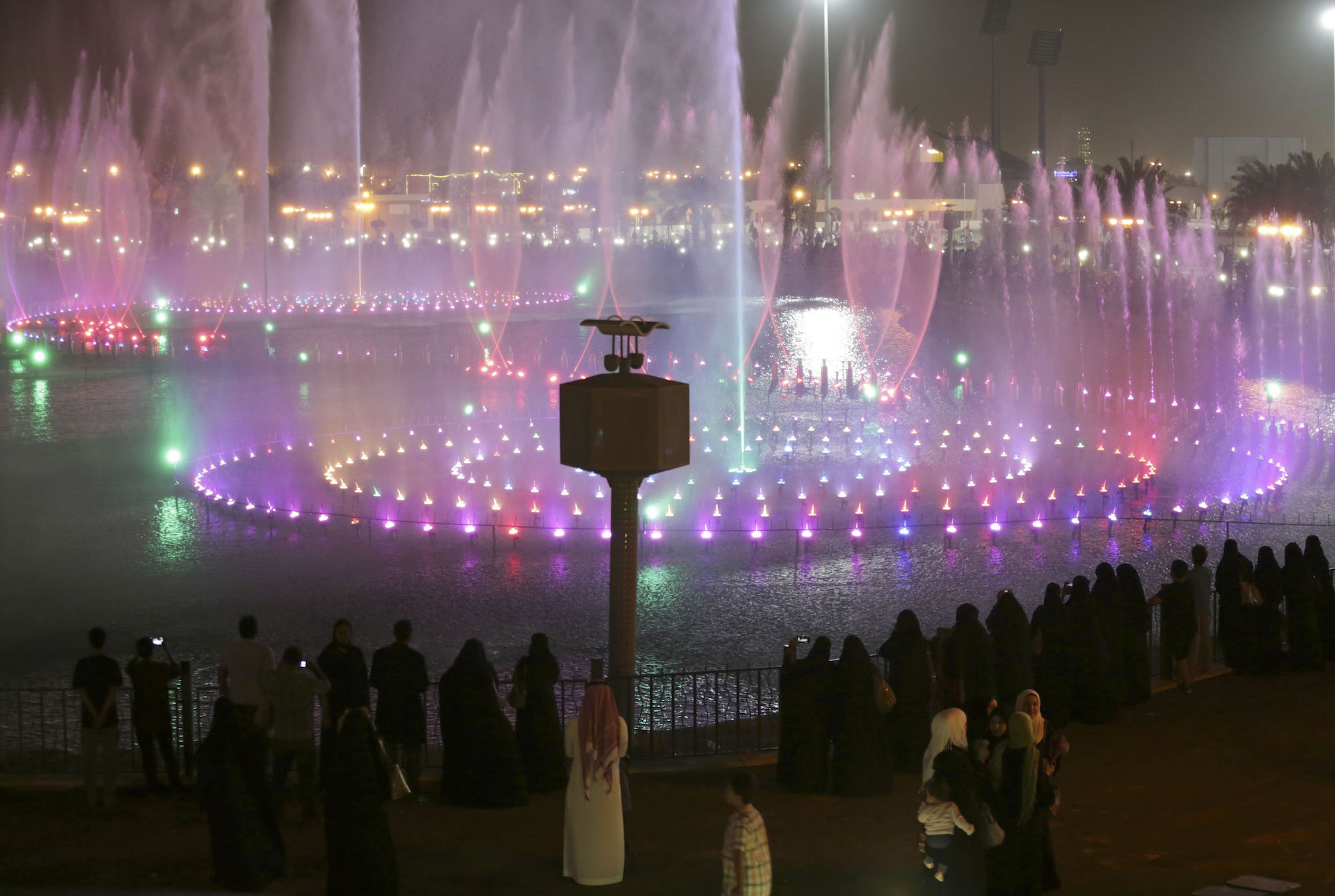
Saudi Arabia, the world’s largest oil producer, is expected to double its greenhouse gas emissions by 2030 compared to 2014 levels. With its annual emissions growth rate of 0.6 percent and slow movement to diversify the economy away from oil – even with its current proposed commitment to reduce annual emissions by up to 130 million tons of carbon dioxide equivalent a year by 2030 – if all countries were to follow Saudi Arabia’s approach, global warming would exceed 4 degrees Celsius, warns Climate Action Tracker. This means Saudi Arabia’s proposed annual carbon dioxide emissions reduction is still far from its fair share to limit global warming to below 2 degrees Celsius.
With this in mind, what is Saudi Arabia’s position in terms of climate change?
When the kingdom joined the U.N. Framework Convention on Climate Change in 1992, Saudi Arabia’s delegation appeared to be consistent in obstructing climate change negotiations, mainly because of its fears over the potential negative impacts of climate change mitigation policies on its economy. These fears are founded on Saudi Arabia’s heavy dependence on the oil sector, which continues to account for over 60 percent of government revenue. This obstructionism persisted. For instance, in 1995, during the last few days of the first Conference of Parties, the supreme decision-making body of the U.N. Framework Convention on Climate Change, Saudi Arabia fought hard to prevent the launch of negotiations on what became the 1997 Kyoto Protocol. Further, Saudi Arabia has adopted a skeptical attitude toward climate change science, paying more attention to uncertainties and downplaying potential impacts. This was clear from its efforts to water down the conclusions of the Intergovernmental Panel on Climate Change’s Assessment Reports, including the Second Assessment Report in 1996 and the Fourth Assessment Report in 2007.
In recent years, nevertheless, Saudi Arabia’s stance toward climate change has evolved from systematic obstructionism to conditional acceptance. Indeed, under the principle that all countries have “common but differentiated responsibilities,” Saudi Arabia signed and ratified the Paris Climate Agreement a day before it came into force on November 4, 2016. In September 2017, Riyadh’s King Abdulaziz City for Science and Technology hosted the Intergovernmental Panel on Climate Change’s Regional Outreach Event, where the plans for the Sixth Assessment Report scope and process were discussed and the findings of the Fifth Assessment Report were presented.
Yet, these recent signs of acceptance appear to be conditional. At the national level, for example, with its Nationally Determined Contribution, Saudi Arabia seeks to reduce its annual emissions by up to 130 million tons of carbon dioxide equivalent by 2030. This emissions reduction target remains conditional and is limited in at least two ways: First, the baseline from which its abatement target is deducted was not defined and hence it remains unclear what the target is relative to, and second, the target is voluntary, not legally binding, and subject to future changes. In fact, the Nationally Determined Contribution mentions that Saudi Arabia may choose to adjust it between 2016 and 2020 if the Paris Agreement creates an “abnormal burden” on its economy. Further, the kingdom conditions its engagement on climate actions as contingent with its economic growth. Apart from listing climate mitigation and adaptation ambitions in the Nationally Determined Contribution – the credibility of which is questioned – Saudi Arabia has yet to release a national climate action plan.
That said, Saudi Arabia is taking some actions to address climate change. The kingdom is implementing many initiatives, including renewable energy, energy efficiency, carbon capture and storage, and flare management and minimization. Yet, a closer look at these initiatives indicates that they are mostly established and applied by Aramco, the national oil company, or other petrochemical companies. This is indeed useful, yet, citizens’ involvement in climate change abatement is equally important, especially with Saudi Arabia’s high per capita carbon emissions. To date, the role of municipalities in terms of addressing climate-related matters is relatively negligible. Also, where the Ministry of Environment would be expected to play an active role in addressing the impacts of climate change, its presence has been minimal, even in the international climate negotiations. The entity that seems to be most active in addressing climate change-related matters is Aramco.
Saudi Arabia’s position toward climate change will continue to be unclear unless further research is conducted and efforts are undertaken to ensure that an emissions reduction target is well defined and, importantly, is aligned with the national low-carbon initiatives. Further, given the kingdom’s intent to align climate action with its economic diversification strategies, further research would be advantageous, for example, studying the benefits of addressing climate change in line with economic diversification. Climate risk can be factored into the economic diversification processes, such as the recent fuel subsidy reforms, which provide opportunities for achieving the total emissions reduction target. In addition, it is important to consolidate the role of the state, in line with the efforts of the national oil companies, to avoid inconsistencies. This could be done via strengthening the role of the Ministry of Environment and local municipalities. The latter will ensure the integrity of decision-making processes as well as oversee the planning and implementation of climate action from both top-down and bottom-up processes.
The views represented herein are the author's or speaker's own and do not necessarily reflect the views of AGSI, its staff, or its board of directors.
